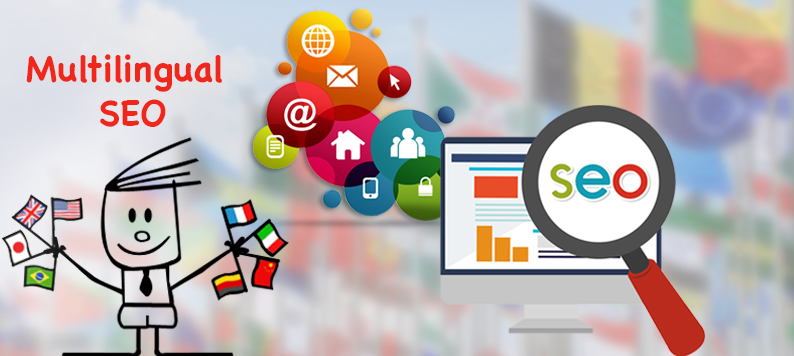8 On-Page SEO Tactics To Help You Rank Better

Do you want to know how to optimize your web pages perfectly? You’re in the right place.
You’ve got a keyword in mind for which you want to rank.
You may even already have a GREAT piece of content.
Now how do you ‘optimize’ that page so that Google not only understands what the heck it’s about but also realises that it deserves a place on the first page of the search results?
Lets check some On-Page Tactics To Help You Rank Better.
On-Page SEO Tactics To Help You Rank Better
Page titles
Page titles are the most predominant SEO factor on a website. Every page and post on the site must have an individual title that includes the target keywords. Therefore, when someone is searching for a product or search in a search engine, your post has a better chance of being visible due to the keywords used.
Meta Descriptions
Many people do not think about including Meta descriptions for their webpages. These descriptions are an essential area where you can add relevant keywords relating to your content since they are utilized in a search result when your page is listed.
Meta Tags
For every page, you can add keywords in the shape of Meta tags. These must be all the relevant keywords of the content, which you have delved into earlier.
URL Structure
It is highly recommended to add search engine compatible URLs for every page, sing they obtain better crawling. Shorter URLs tend to perform better in the search engine results, but it is not the only consideration. URLs that contain targeted keywords are also performing better. The location of such keywords can have a significant effect.
Body tags
When you are writing posts, the content must be broken up in smaller paragraphs and sections to make it easier to read. These sections are given headings, and this is where H1, H2, H3, etc .tags are utilized. Usually, H1 tags are earmarked for the main page title with succeeding headings are being issued H2, H3, etc.
Search marketing experts know that search engines are using these tags to assess what is essential within your content. This is why your keyword-rich headlines are more effective than generic ones. Always write heading, which is keyword rich in the priority order of H1, H2, and H3 title tags.
Keyword density
It is highly recommended to add relevant keywords in your content since it assists search engines with working out what your content is in relation with. However, avoid using keywords excessively or overusing them. This can result in your site being banned from the search engines.
SEO images
It is an excellent method to use images to boost your site’s visual appeal and break up the dreary sections of text. Images can be used for increasing a site’s SEO. All the images have titles and are treated the same as page titles. Including Descriptions, keywords, and alt text are even more useful for SEO.
Internal links
People are often under the misconception that only link from other websites is essential. However, internal links can be highly useful for SEO. It makes it easier for internet users to navigate your site and find your content, plus it ensures the site is appropriately crawled, allowing search engines to find all your pages.
It is useful in building the relevancy of your page to relevant phrases and keywords and assisting with ranking higher with Google PageRank of your webpages. Utilize permanent navigation links and content links to improve your internal link strategy.




